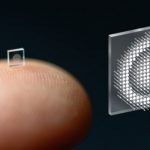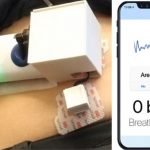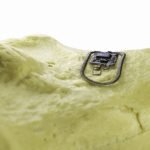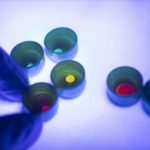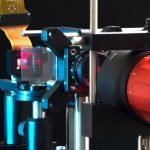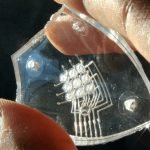This compact camera is only the size of a salt grain
Researchers have developed an ultracompact camera the size of a coarse grain of salt.
The system relies on a technology called a metasurface, which...
This wearable device could detect and reverse opioid overdose
A research team at the University of Washington has developed a wearable device to detect and reverse an opioid overdose.
The device, worn on the...
Scientists develop ultra-thin computer on the bone
A team of University of Arizona researchers has developed an ultra-thin wireless device that grows to the surface of bone.
It could someday help physicians...
Scientists unlock the technology to produce unbreakable screens
Cracked phone screens could become a thing of the past thanks to breakthrough research conducted at The University of Queensland.
The global team of researchers,...
Scientists develop speckle-free holography for virtual displays
Virtual and augmented reality headsets are designed to place wearers directly into other environments, worlds and experiences.
While the technology is already popular among consumers...
We’re not as smart as Google makes us think we are
From the number of ounces in a cup to the first day of fall, online search engines such as Google put the answers to...
Better touch screens could let you feel stuff before you buy it
Researchers are working on touch screen technology that would allow people to “feel” physical objects—including, for example, the texture of an item of clothing’s...
This smart white cane works like a self-driving car
A new, affordable smart cane guides people with visual impairments safely and efficiently through their environments, say researchers.
Most know the white cane as a...
Combustion creates braille display for electronics
Imagine an iPad or a Kindle for the blind, with inflatable braille that changes shape under a user’s touch.
A Cornell-led team has made a...
These 3D-printed wearables never need a charge
Wearable sensors to monitor everything from step count to heart rate are nearly ubiquitous.
But for scenarios such as measuring the onset of frailty in...

